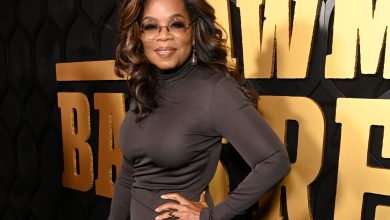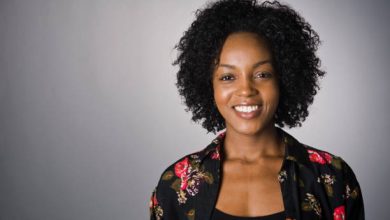How I Faced a Rare Kidney Disease in High School and Came Out Stronger
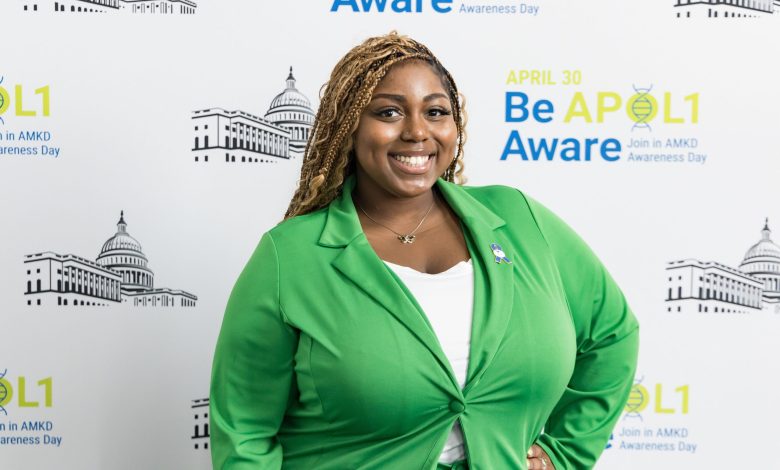
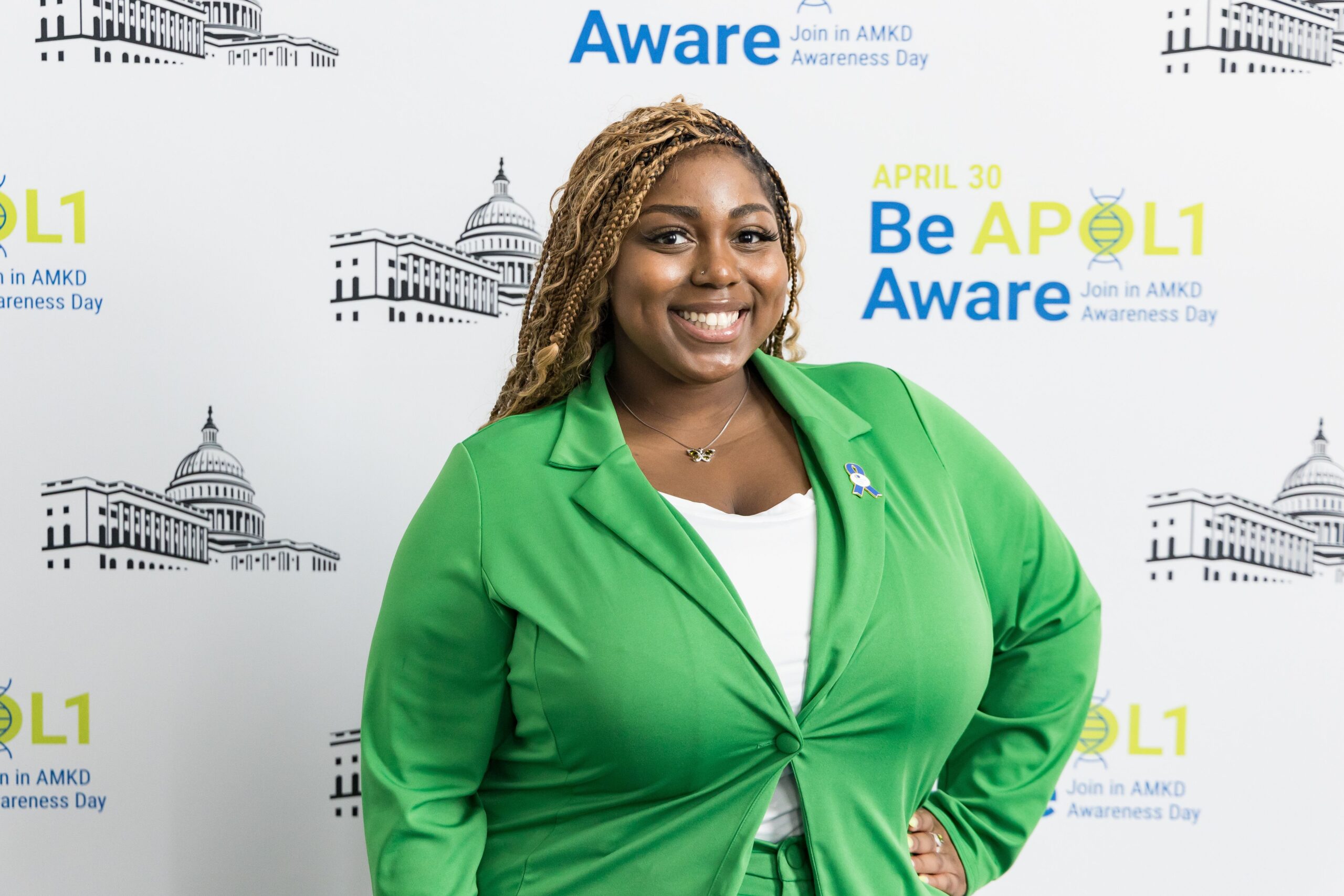
As a 17-year-old high school student, Emani McConnell-Brent never expected to face a life-changing diagnosis, however, during the first week of her senior year of high school, she began experiencing debilitating stomach pain prompting her to go to the emergency room.
“The ER doctor said, ‘Hey, the amount of protein in your urine is concerning, so let’s do a 24-hour urinalysis.’ After that, she said, “The amount of protein in your urine is overwhelming at this point, and I’m extremely concerned.” We did the biopsy a few weeks or a few months later, and that’s when I got diagnosed with FSGS (focal segmental glomerulosclerosis) in 2021,” she shares
Before being diagnosed with FSGS, “a rare type of kidney disease that causes scarring in the filters of the kidneys”, doctors were concerned Emani may have had lupus or nephrotic syndrome, a chronic kidney disease.
“They didn’t know what was going on. When I went to the first nephrologist, the concern was that the condition was brought on by obesity. So, I went to a different nephrologist to get a second opinion and see what could be done,” Emani adds. “They put me on medications, but three medications later, my doctor finally said, ‘Let’s get genetic testing because nothing seems to be working. We’re not seeing any decrease in the protein you’re spilling, your creatinine level, and all the other indicators.’ So, she said, ‘OK, let’s get genetic testing.’”
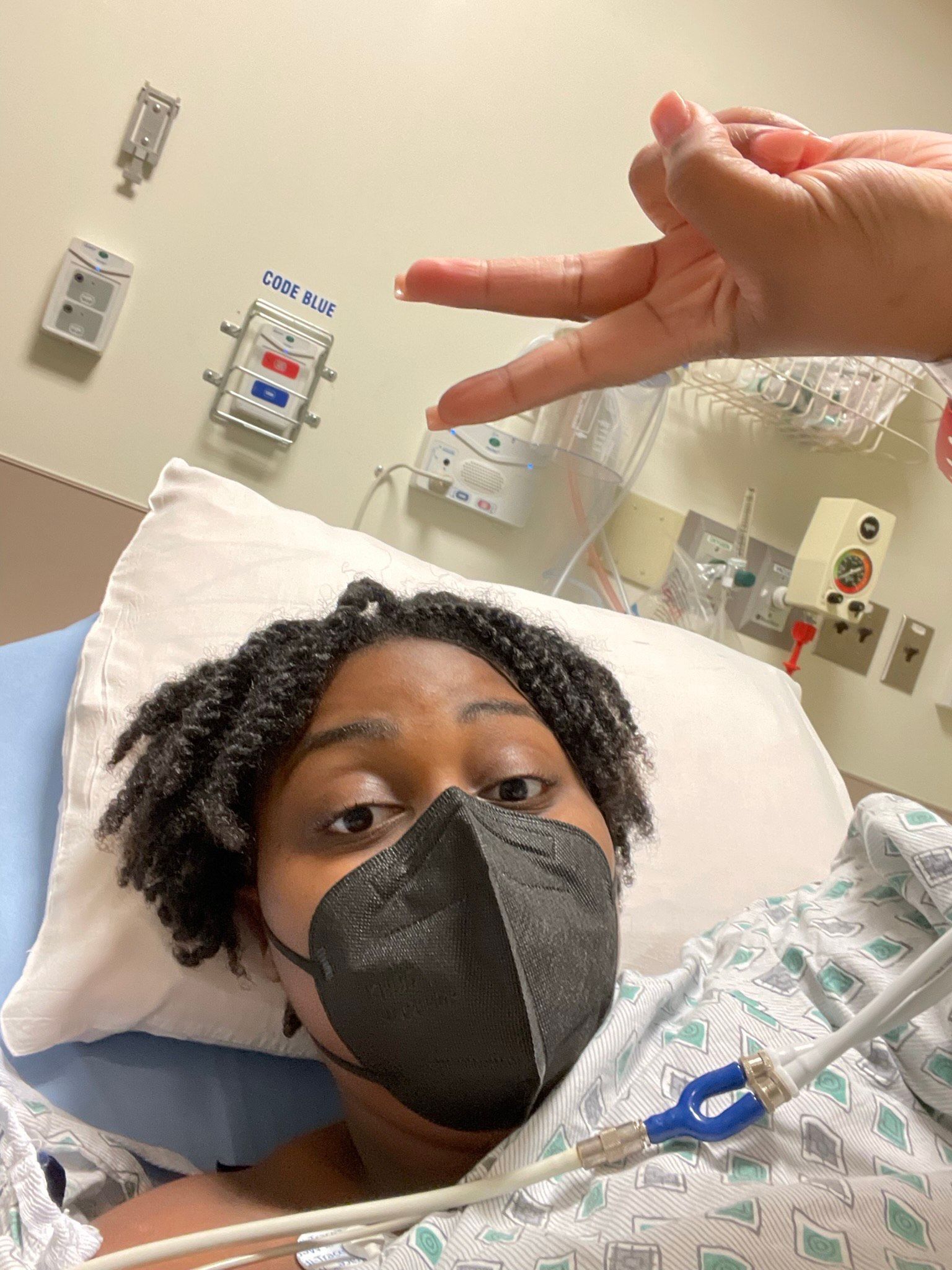
The genetic tests revealed Emani had the APOL1 gene, a genetic variation that mostly impacts Black, African American, Afro-Caribbean, and Latino populations. As a result, she developed APOL1-mediated kidney disease (AMKD), a rare and rapidly progressing form of kidney disease.
The diagnosis shocked Emani, as it was something she had never heard of before. It left her in a state of denial, and feeling like her life was being turned upside down.
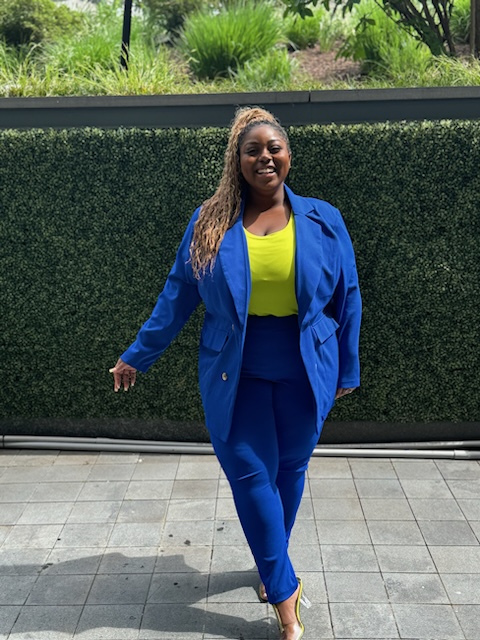
“I remember telling my friend, ‘Hey, I got diagnosed with FSGS. It’s called focal segmental glomerulosclerosis, and my kidneys could fail.’ She was like, ‘I don’t know what any of that means, but if you need a kidney, I got you.’ Nobody really could identify with what I was going through, and some of my friends felt like I fell off the face of the earth, which I kind of did. I didn’t want to talk, think about it, or consider how all my friends and peers were going off to college while I had to stay home. It was very depressing and scary, and I did not know what to do,” the now 20-year-old shares.
But as Emani began to learn more about the disease, she realized that she wasn’t alone. There were others out there who were
